Being the parent of a special needs child is not usually something that people are prepared for or feel equipped for, and I was no different.
We had two neuro-typical boys (neuro-typical is the politically correct term of the hour for “normal”—although there is really no such thing) when we began our journey into special needs parenting. Our journey down this road was perhaps a bit more purposeful than most as all of our special needs kids are adopted. But with three of them, we weren’t aware of their special needs when they came to us so we found out much the way all parents do.
There were the usual stages—fear and grief and sadness, even anger at times—but we wound our way down to the point of acceptance. Once there, I wanted to create an environment where my kids had the best possible chance for reaching their full potential, and I felt that, for us, homeschooling was the single biggest edge we could give them.
I had been an Aide in the school system and had seen how difficult it was to get proper services and attention for special needs children in a typical classroom, and I was confident that I could do a better job at home. I was scared and a bit overwhelmed when I started but I knew that it was the right choice for our family.
There are many benefits to homeschooling when you have a child with special needs. Being able to tailor their education and environment have to be among the most beneficial. I also feel that having more control over the social aspect and minimizing bullying are other perks.
Here are things to consider when homeschooling a child with special needs:
Structure and Environment
I have had to make changes to the way I homeschool based on what my kids need and how they learn best. With our older boys who are neuro-typical, I had a much more relaxed style of homeschooling. My special needs children need more structure and they need to have an environment that is just for learning, so we created a classroom that is sensory rich and created a schedule that works for them.
Many special needs children also have sensory issues. Four of our kids have SPD (sensory processing disorder) so we have made many very specific accommodations for that within our home and within their lives.
Professionals
Another change I had to make when homeschooling my younger kids was in accepting that I couldn’t do it all by myself. There have been times when I have needed to access outside help. At different times, my kids have worked with OTs (occupational therapists), speech therapists, therapists, and even tutors.
Even as a homeschooler, you will have to advocate for your child to ensure that they receive the supports and services that they need. There are some types of assessments that are easier to access when your child is in the school system but that does not mean that they are impossible to have done if your child is homeschooled.
I have also had to think outside the box when it comes to minimizing the stress and appointments for our kids, so our piano teacher comes to our house instead of us going to her. We try to schedule as many activities during the day so bedtimes stay consistent. We are very fortunate that our community offers many homeschool lessons such as swimming, art, and gymnastics during the day.
Choosing Curriculum
As the parent, you know your child best. When looking at curriculum options, you are able to take into account your child’s learning style, their temperament, their interests, and their strengths and weaknesses. In some cases, I have been able to find a curriculum for a particular subject that works with all of my kids, but other times, I have had to use a separate curriculum for one subject for one of the kids because the other curriculum wasn’t working for them.
This is one of the most beneficial things about homeschooling. In a school setting, there is little chance that the entire curriculum would be changed for your child, but at home, you are able to make adjustments to the curriculum or change it altogether.
When I chose our curriculum for this year, I was able to keep in mind each of my children and how they learn best. You can also create custom learning experiences through unit studies, field trips, and hands-on experiments. Over the years, I have adapted how I teach due to the needs of our kids.
Adjusting Expectations
Managing and adjusting your expectations is an important coping tool when parenting and homeschooling special needs children. Do not compare them to their same-age peers. Look instead at where they were last week or last year. Look at their effort. Look at their character. Praise improvements in those areas.
Parenting children with special needs is a challenge and homeschooling them is a big undertaking, but it doesn’t need to be overwhelming.
There are two things that I feel are essential when it comes to homeschooling special needs children. The first is prayer. Pray over your kids; pray for patience and wisdom; pray for guidance and direction when choosing curriculum or making choices pertaining to their upbringing; pray; pray; pray!
The second is celebrating the small victories. Depending on the needs of your child, the big victories such as learning to read may be few and far between or may never come at all. You need to practise celebrating the small victories, the marginal improvements. This will help encourage and motivate not only you, but your child as well.
Social Opportunities
There are increasingly many opportunities for homeschoolers to get together. Homeschool co-ops, field trips, classes, and get-togethers are common these days. As you are able to control the environment of these outings to some degree, they can allow you to gradually increase your child’s opportunity for practising their social skills. Many children with special needs are delayed in their social skills and even homeschool events can be a painful experience for them.
Prepare them as much as you can before the event. Role play different scenarios. You may even be able to prepare the other homeschool parents that will be present who can prepare their kids for yours. Make outings shorter in the beginning and ease your child into them. Encourage them and allow some downtime afterwards as these can be exhausting for many kids who suffer anxiety in social situations. You may even want to plan some of the events yourself so that they can be tailored to your child by having a homeschool family or two over to your home or other place that your child is comfortable and familiar with.
Self-Care
Burn-out is a very real concern when homeschooling a child with special needs. Parenting special needs children is exhausting. With homeschooling, it literally turns into a 24/7 task and that is too much for anyone to take on without help. Self-care is very important.
Ask for help. Trade off child care with another homeschool mom if possible so that you get breaks. Prepare freezer meals so that you are not scrambling to think of what to make for supper every day. Take time out to do what you enjoy. Spend time reading the Bible and praying. Play music you love while you clean the kitchen. Indulge in that chocolate or coffee or occasional glass of wine. Go for walks. Talk with trusted friends. Find a support group whether in your community or online. Take care of yourself so that you can take care of your child.
Resources
The internet is a wealth of information. There are many wonderful resources out there for homeschooling and specifically for special needs. I have found a number of blogs that are filled with ideas, information, encouragement, and support for homeschooling special needs. Here are just some of the many:
- The Chaos and The Clutter (my blog—SPD, Aspergers, FASD, RAD, PTSD, anxiety disorder, chronic medical condition)
- Golden Reflections Blog (written by an OT—wealth of information for handwriting, OT tips, sensory and more)
- LaToya Edwards (SPD, ADHD, autism spectrum)
- Education Possible (dysgraphia)
- Weird Unsocialized Homeschoolers (dyslexia)
- The Holistic Homeschooler (ADHD, dyslexia/dyscalculia, bipolar, Aspergers)
- Lara’s Place (Apraxia)
- Creekside Learning (SPD)
- Lemon Lime Adventures (SPD)
- Jennifer A. Janes (various special needs)
- Every Star is Different (autism, RAD, PTSD, FASD, Goldenhar Syndrome)
- Abundant Life (dyslexia)
- Special Needs Parenting Pinterest Board

.
.
This post is part of our Homeschooling 101 Series!

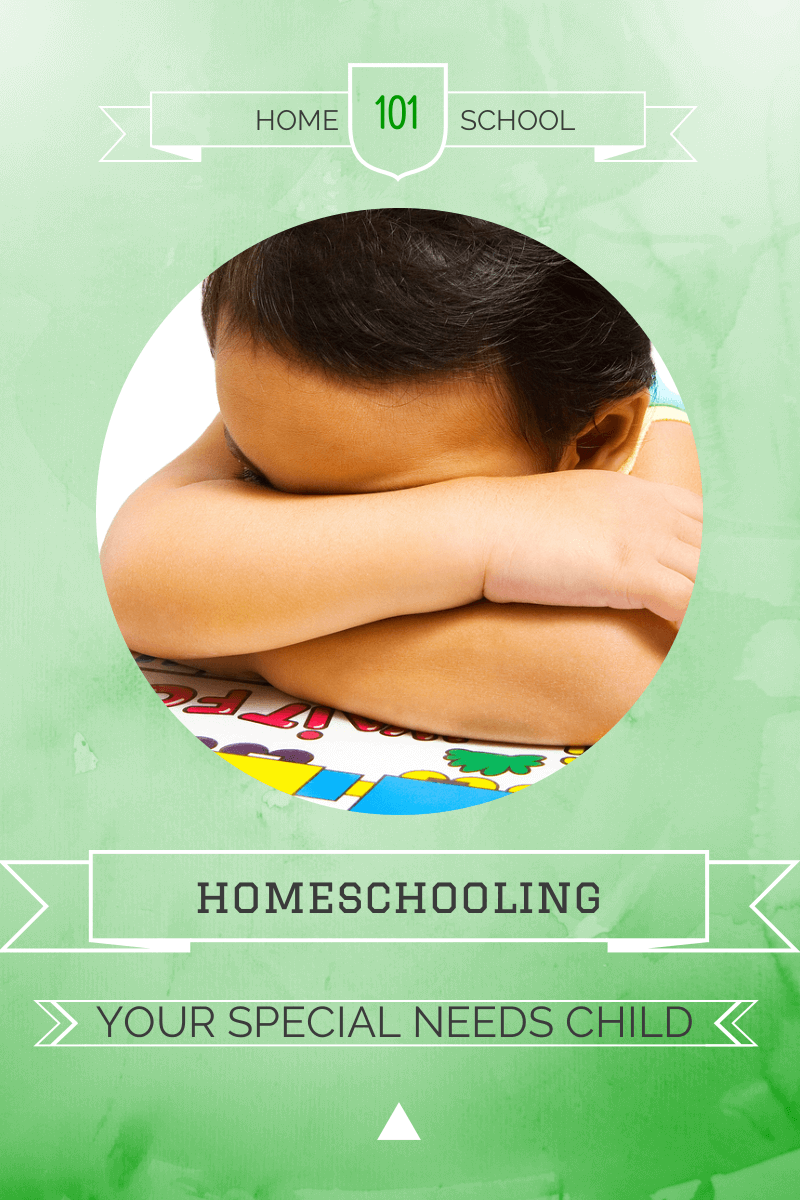


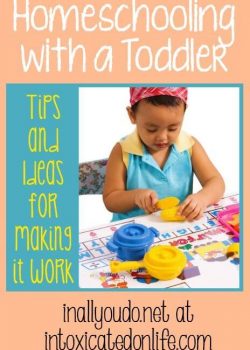
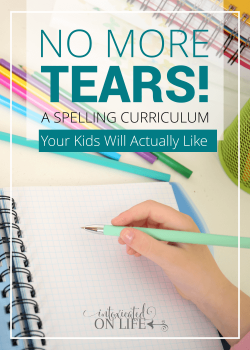

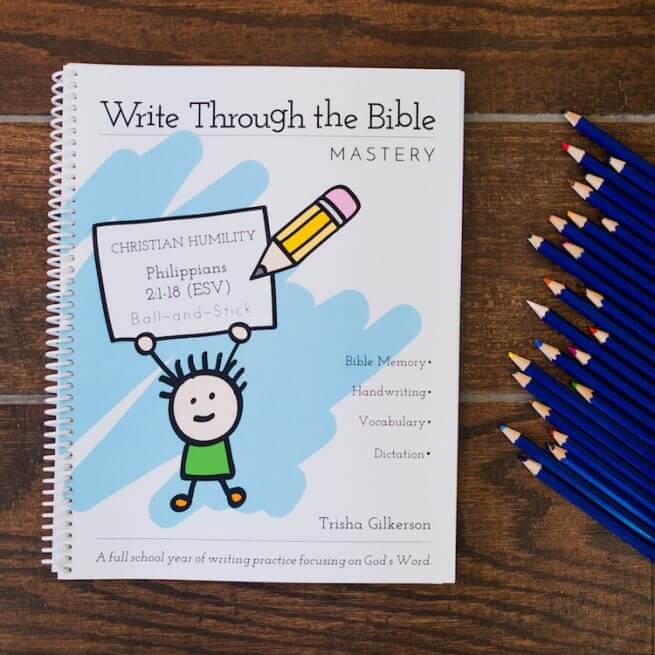
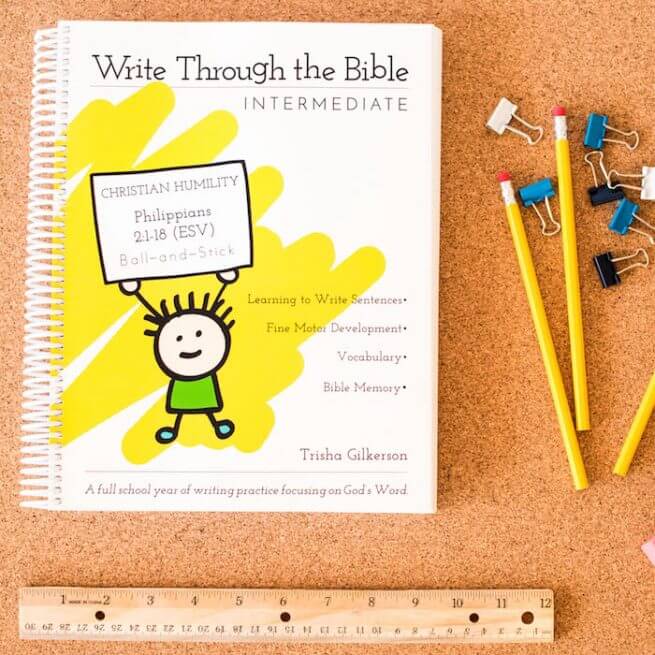
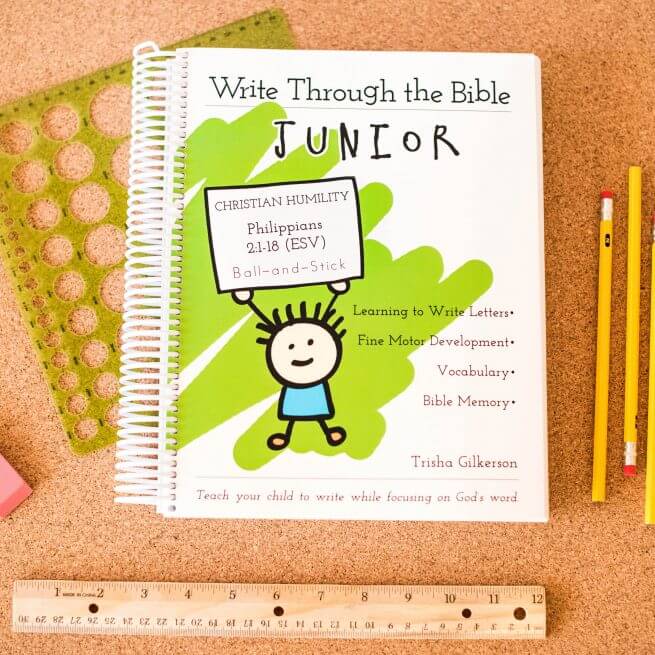


Thanks for including my site in your post Sharla! What a great encouragement for parents of special needs children who want to homeschool!
I love the information in this post! We have four children – twins on the autism spectrum, a boy with ADHD and an infant daughter. We know nothing besides special needs and I love seeing encouraging posts like this with valuable resources.
A much needed post with great info! I’ve shared with a friend.
Excellent post, Sharla! It’s great to have encouragement from others who understand. Thanks for including my blog in the resource list.
Thank you so much for this post and these resources. I’ve been unofficially homeschooling my son with special needs for years…in our area preschool by three at the latest is the norm…but now he’s old enough that in the fall we’re going official and I’m a little nervous. I especially appreciate you addressing the differences due to special needs and addressed by homeschooling. I know my son’s social difficulties and struggles with writing are due to his other challenges, not because he didn’t have the benefit of preschool. But sometimes it’s hard to remember that in the face of someone else’s strongly stated opinion.
Robin, I’m glad to hear that you are going to be officially homeschooling your son in the fall. I know that it’s hard to stay focused on what you know is best when others state their opinions but you as his mom know him best and I know that you will do what is best for him and for your family. Stay strong mama!
Amazing post, I loved it, New homeschoolers are always scared to do homeschooling because its 1st time and they don’t know what kind of challenges they are going to face. I am glad Sharla you are helping a lot of people in improving their children life. Keep writing the wonderful blog like this. Thank ypu Sharla